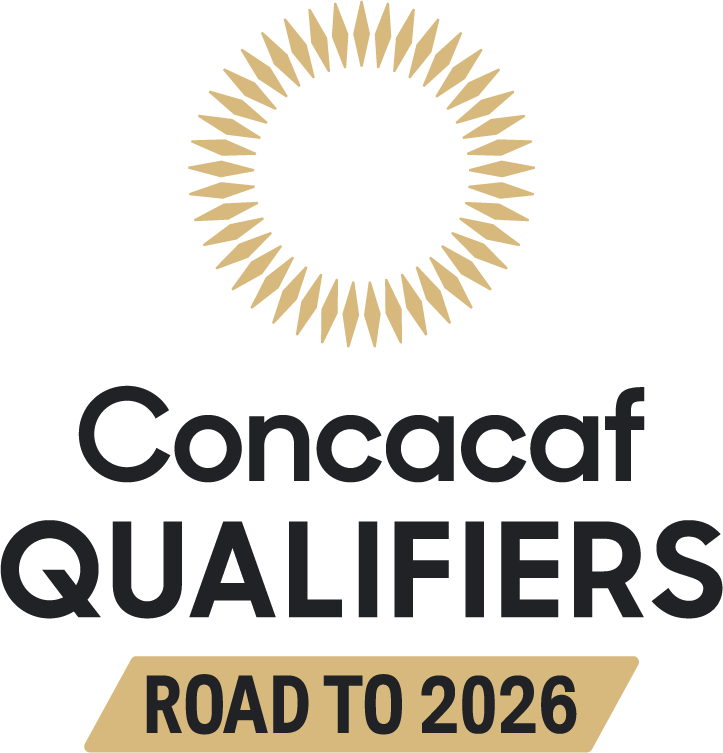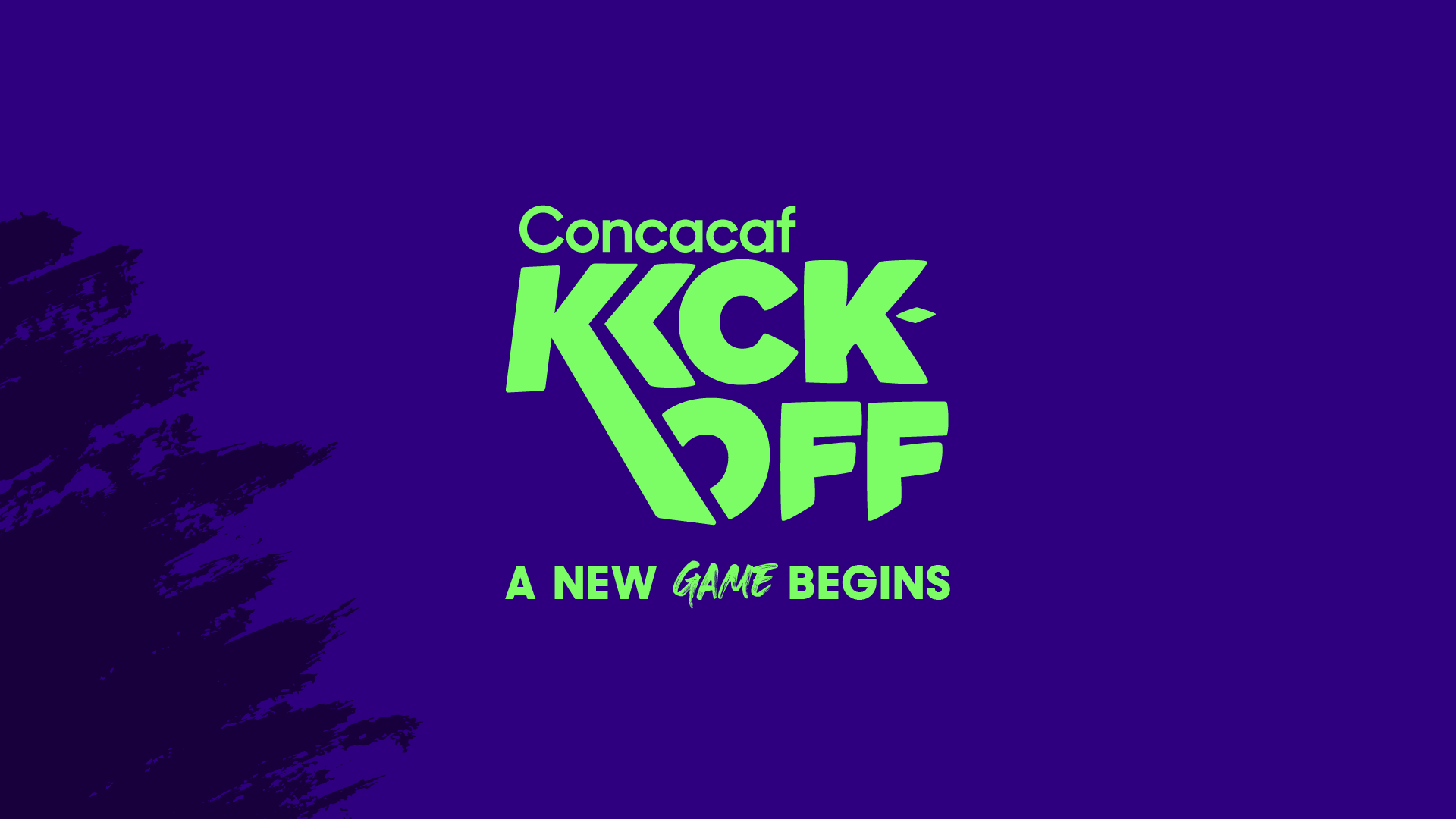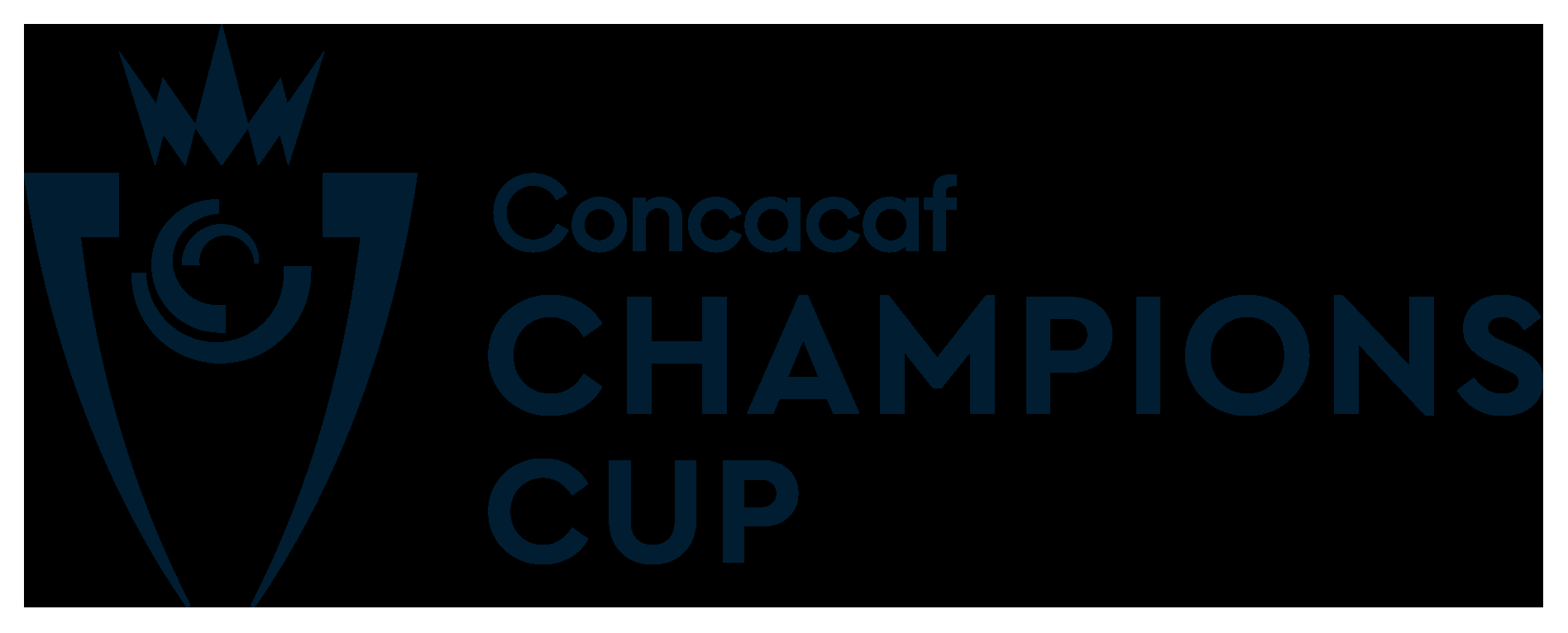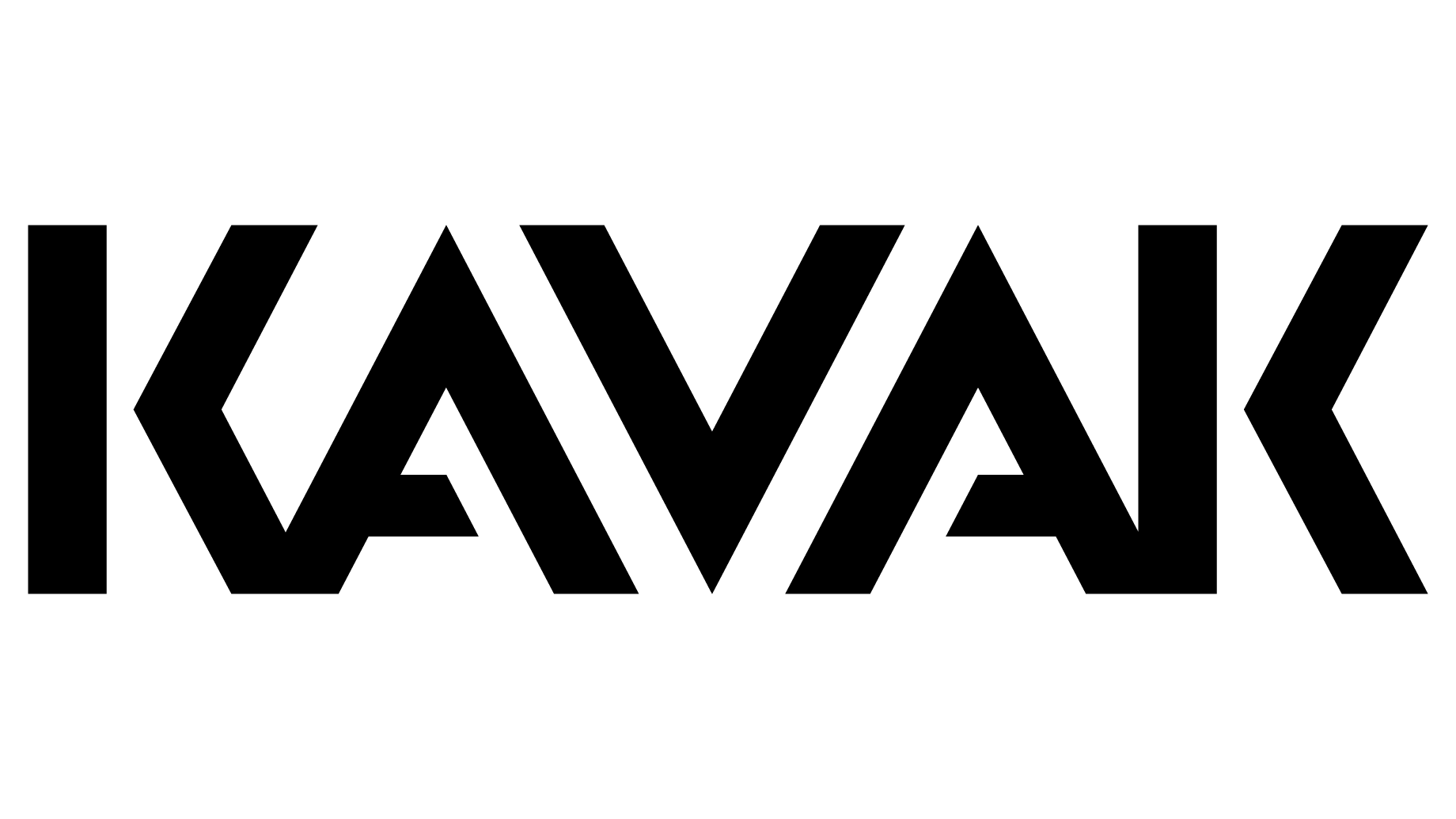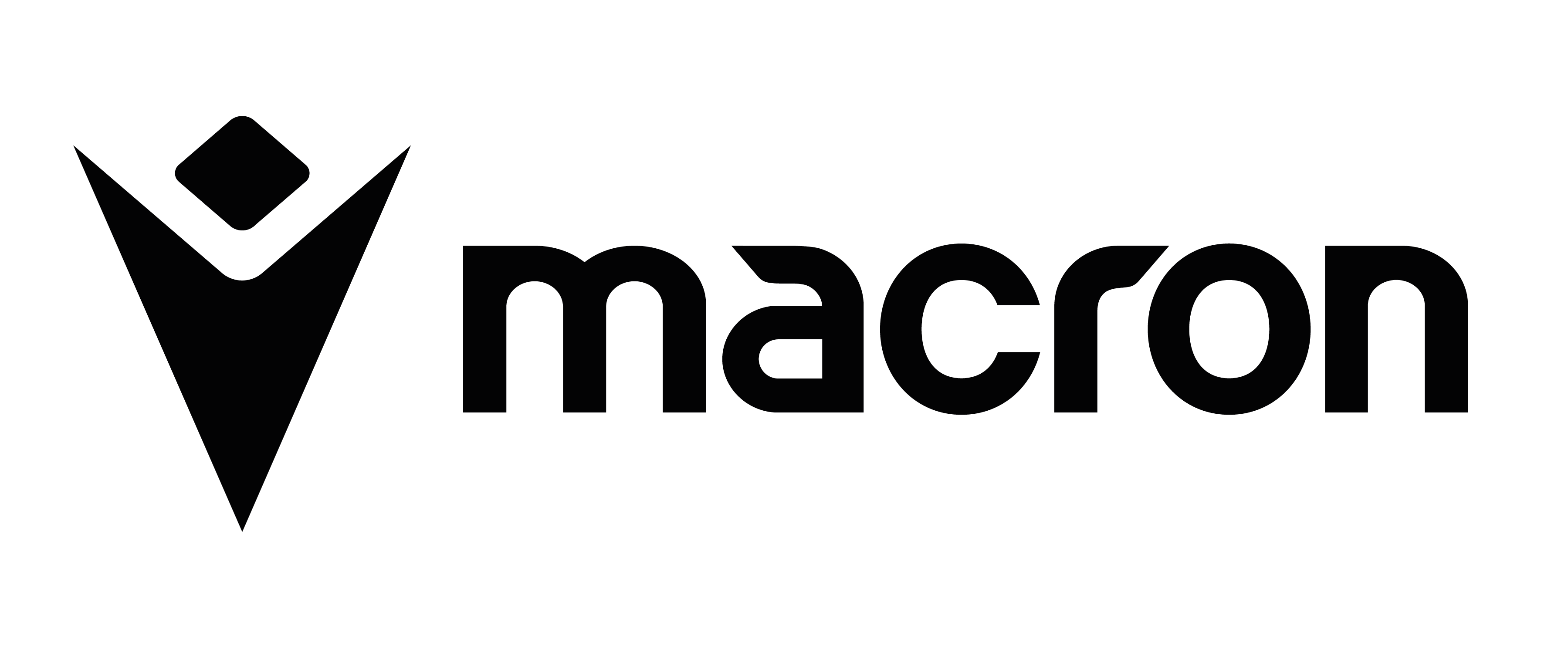MIAMI, Florida – On Thursday, Major League Soccer (MLS) and Liga MX announced important competition details, including dates and format for the inaugural edition of the 2023 Leagues Cup, which is part of Concacaf’s new club ecosystem.
From 2023 onwards, three regional cup competitions – Leagues Cup (North America), Central American Cup and Caribbean Cup, will be played in the fall of each year and will qualify clubs into a Confederation-wide expanded 27-club Concacaf Champions League.
Following the conclusion of the three cups, the new Concacaf Champions League will be played in the spring to crown the region’s best.
The 2023 Leagues Cup will involve 47 clubs from Canada, Mexico and the United States competing from July 21-August 19, 2023, from which the top 3 finishers will qualify for the 2024 Concacaf Champions League.
The tournament will begin with a Group Stage involving 45 clubs, divided into 15 groups of three teams. After Group Stage play, the top two teams from each group will advance to the Knockout Stage, joining the two Round of 32 MLS and Liga MX seeded clubs.
The Knockout Rounds will be placed in a fixed bracket to then compete in a single-game elimination format. The 2023 Leagues Cup Final and Third-Place Game, which will be played on Saturday, August 19, will determine three teams that will qualify for the 2024 Concacaf Champions League.
"This new Leagues Cup is an exciting part of an entirely new Concacaf club ecosystem that we have developed after significant consultation with MLS and Liga MX. It will provide a huge boost to club football across the entire region,” said Concacaf President and FIFA Vice President, Victor Montagliani.
“Now that it has come together, I want to personally thank Liga MX President Mikel Arriola and MLS Commissioner Don Garber for the leadership they have shown in collaborating with Concacaf on this new competitions structure. The way we have worked together as stakeholders, alongside the UNCAF and CFU regions of Concacaf, is a true sign of a strong partnership.
“We believe that we are now in a great position to provide immense growth to the league and club game in our region. It is a very exciting time for the development of club football in Concacaf,” added Montagliani.
In addition to the Leagues Cup, newly formed cups in Central American and the Caribbean will be played to qualify clubs for the expanded 27-team Concacaf Champions League.
The Concacaf Caribbean Cup will include 10 clubs and will begin with a Group Stage involving two groups of five teams. Following round-robin play where each team will play every other club once with two home and two away matches, the two best clubs will advance to the Knockout Stage of the Concacaf Caribbean Cup (semifinals, third place match and final).
The top three finishers in the Concacaf Caribbean Cup (Champion, Runner-Up and Third-Place Match winner) will qualify for the Concacaf Champions League.
The Concacaf Central American Cup will feature 20 teams and will begin with a Group Stage in which the teams will be divided into four groups of five teams.
Following round-robin play, where each team will play every other club once with two home and two away matches, the two best clubs will advance to the Knockout Stage of the Concacaf Central American Cup.
The Knockout Stage will be composed of four rounds (Quarterfinals, Semifinals, Play-In and Final), with the semifinalists and two play-in winners (six clubs) advancing to the Concacaf Champions League.
The expanded 2024 Concacaf Champions League will continue to be played in a direct elimination knockout stage format and will be composed of five rounds: Round One, Round of 16, Quarterfinals, Semifinals and Final. The first four stages will include home and away play, while the Final will be played as a single leg match on a weekend date.
Of the 27 clubs that will participate in the 2024 Concacaf Champions League, 22 will begin play in Round One, while five will receive a bye to the Round of 16.
More information on the qualification criteria for the Confederation’s expanded Champions League is available here.


